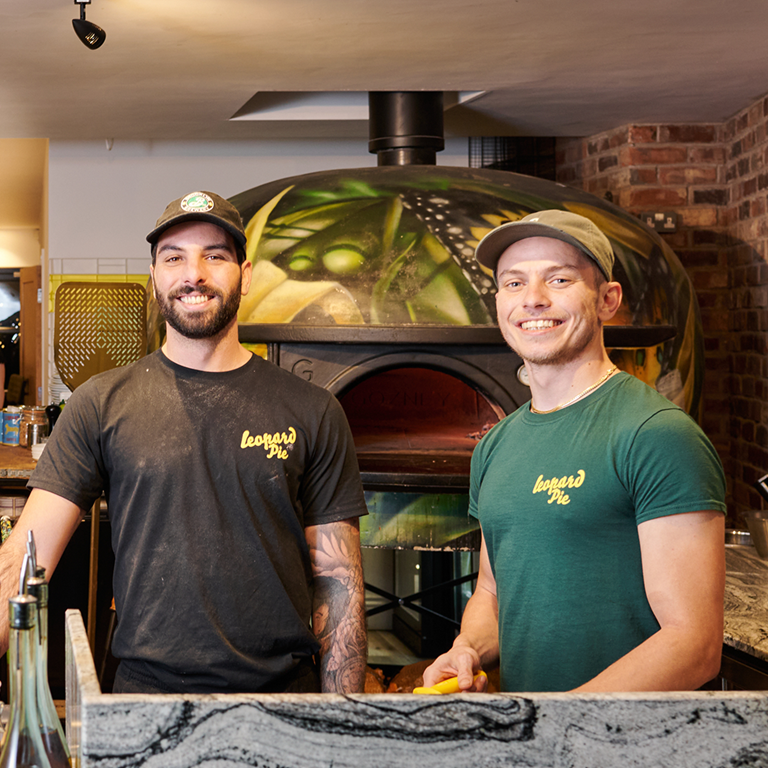Setting up a home baking or cake making business can be very rewarding. It’s a chance to draw on your talent and passion for baking, to delight your clients with delicious creations and make an independent living as your own boss. Along with the lower overheads compared with a specialist bakery premises, perhaps that’s why there’s been an increase in home baking business start-ups in recent years.1
Regulations for Home Baking Businesses
That said, there’s a lot more to starting your own home baking business than simply making cakes. There’ll be equipment to buy, product ranges to research and develop, and a range of regulations to adhere to.
For instance, anyone starting a new home baking business, or taking over an established one, must register the business with their local authority. You should also make sure you have a good understanding of food safety and hygiene standards in preparation for local authority inspectors. You can find more information on those requirements here.
Cake Maker Insurance: Protect Your New Venture
As with any start-up, it’s important you think about home baking insurance as part of your business plan. Remember it’s there to protect your business and livelihood should something go wrong.
The exact types and level of home bakery insurance you need will depend on the specific nature of your business and the risks it faces. Some of the most common home baking insurance covers include:
Public and product liability insurance for home bakers
You’ll be preparing food for the public so you’re responsible for ensuring it’s safe to eat. That means adhering to health and safety standards, but things can still go wrong and product and public liability insurance covers will protect you should that happen. For example, if a customer was injured while on your premises or fell ill after eating your products, these insurances would cover you for compensation costs. They could even provide support with legal fees or legal expenses.
Employers liability insurance for home baking businesses
If you plan to employ people, this business insurance cover is required by law. It’s there to help with legal costs and compensation if a member of staff is injured or falls ill at work and makes a claim against you.
Home bakery business buildings and contents insurance
Even though you’ll be operating from home, don’t assume that your home insurance will cover you if the building was affected by a serious incident like fire, your vital equipment was stolen, or your stock was spoiled – for instance due to a refrigeration breakdown. Check whether you need to take out separate business premises insurance. You need to ensure your business activities do not invalidate your home insurance and that your business can recover if the worst should happen.
Goods in transit cover for home bakers
If you plan to deliver customer orders, or have them delivered by a courier for instance, this insurance will protect you from financial losses if an order is lost or damaged in transit.
Cake makers’ business vehicle insurance
If you’re planning to carry out deliveries yourself, you also need to think about how you plan to insure your vehicle. Business vehicle insurance is for those vehicles owned through the business. However, you can also consider using your personal vehicle by adding ‘business use’ and ‘carriage of goods’ to your existing motor insurance.
Depending on the nature of your home baking business, you might also want to consider covers such as business interruption to cover lost income during a crisis, computer equipment insurance and cover for human infection diseases.
Get Your Home Baking Business off to a Flying Start: Call on Local Goodwill
The good news is word-of-mouth advertising is often the most effective form of marketing for cake makers and home bakers. A few satisfied customers can easily spread the word to friends and family. So, by capitalising on that goodwill, you have a chance to get your home baking business off to a flying start. That will mean promoting your business effectively. For instance, posting product images and menus online and via social media and encourage customers to leave you a review and share your posts.
It's also worth thinking about how you can work with other local independent businesses ‒ from party shops to pubs and other venues – to cross promote your services. You should also consider using discounts and refer-a-friend promotions to build up a customer base in the early days.
Sources
1. ahdb.org.uk/consumer-insight-baking-in-2023-cakes-are-the-rising-star
Real-world insight that we don't share anywhere else
Get access to exclusive help, advice and support, delivered straight to your inbox.
You Could Save Over 30%*
Contact our team to receive a no obligation, instant quote today.
* Please click here to view our pricing disclaimer.
You Could Save Over 30%*


